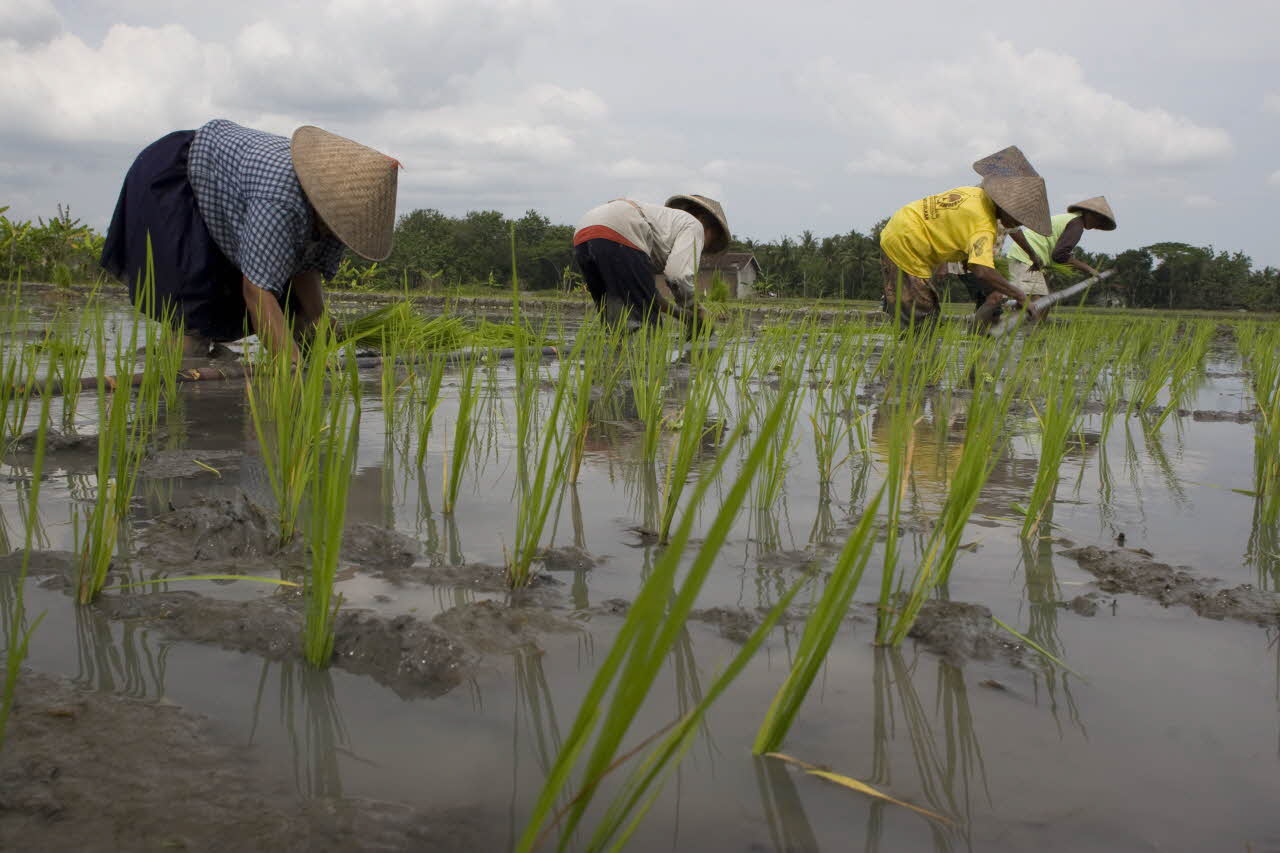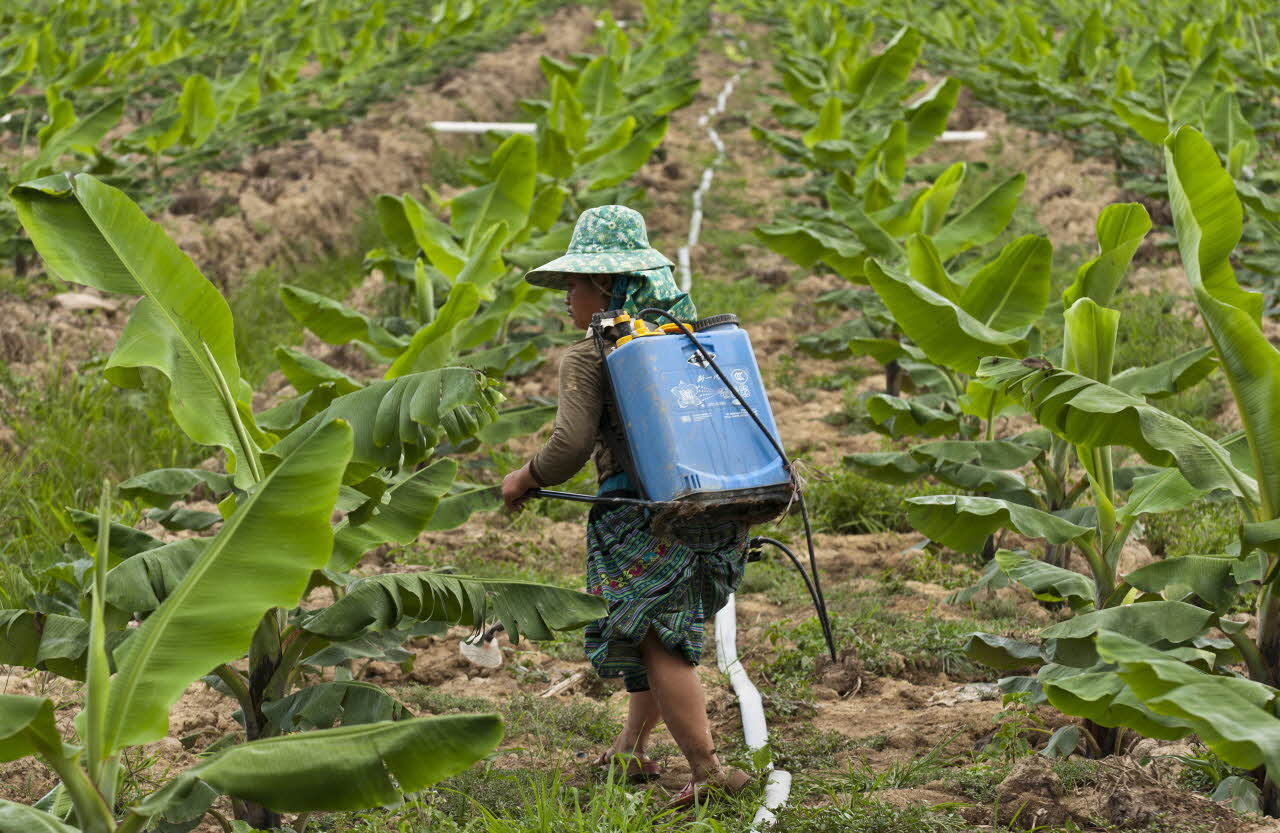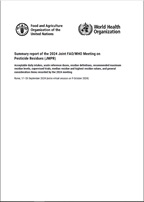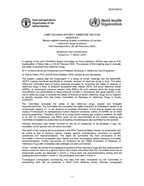Assessing chemical risks in food
Chemicals can end up in food either intentionally added for a technological purpose (e.g. food additives), or through environmental pollution of the air, water and soil. Chemicals in food are a worldwide health concern and are a leading cause of trade obstacles.
WHO develops scientific risk assessments to define safe exposure levels which form the basis for the development of national and international food safety standards to protect the health of the consumers and ensure fair trade practices.












